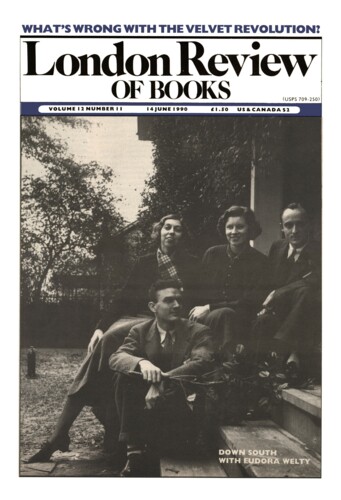Protestant Country
George Bernard, 14 June 1990
Henry VIII’s jurisidictional quarrel with the Papacy was not resolved, and its consequences are with us still. In Henry’s eyes the dispute was one of authority, not doctrine, but doctrinal questions soon became involved. His quarrel coincided with religious ferment on the Continent and with the emergence of religious diversity in England, as the religious teachings of Luther and Zwingli spread in the late 1520s and early 1530s. But for the divorce, Henry would no doubt have continued to stand firm against heresy, and he might well have been successful. But once he had broken with Rome and asserted his royal supremacy over the Church, he relaxed his persecution of dissent. He needed his royal supremacy preached up and down the land. And who better to preach it than Thomas Cranmer or Hugh Latimer, full of Continental learning, opposed to Papal pretensions, and keen to see Henry as a godly prince who would destroy idolatry and embrace true religion. Henry had not intended to go so far along that road of reformation, but he had unleashed a process that proved lasting.




